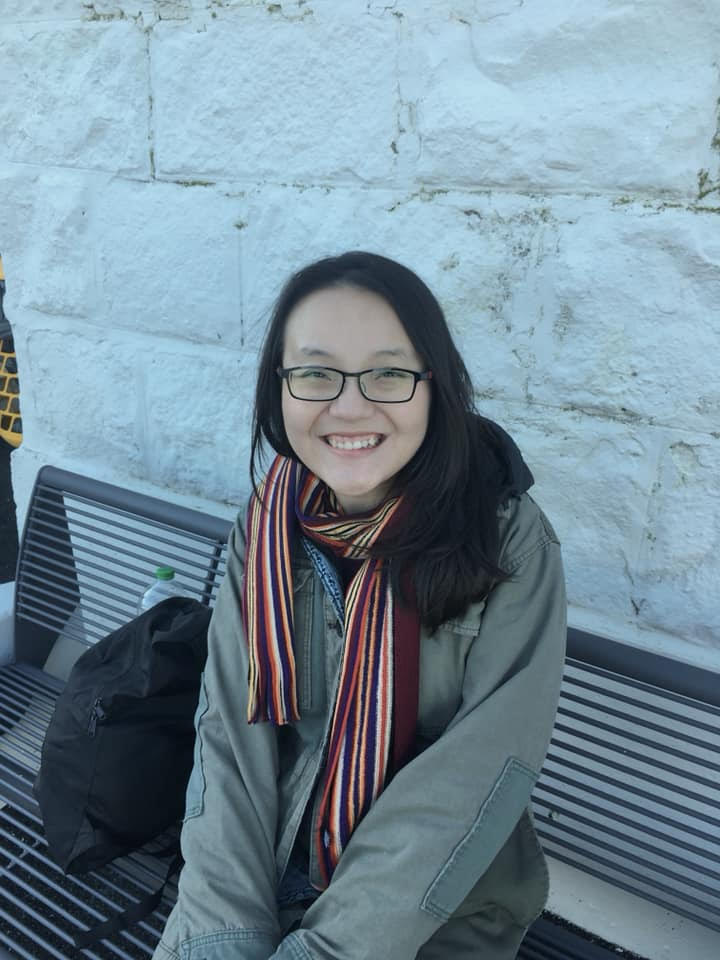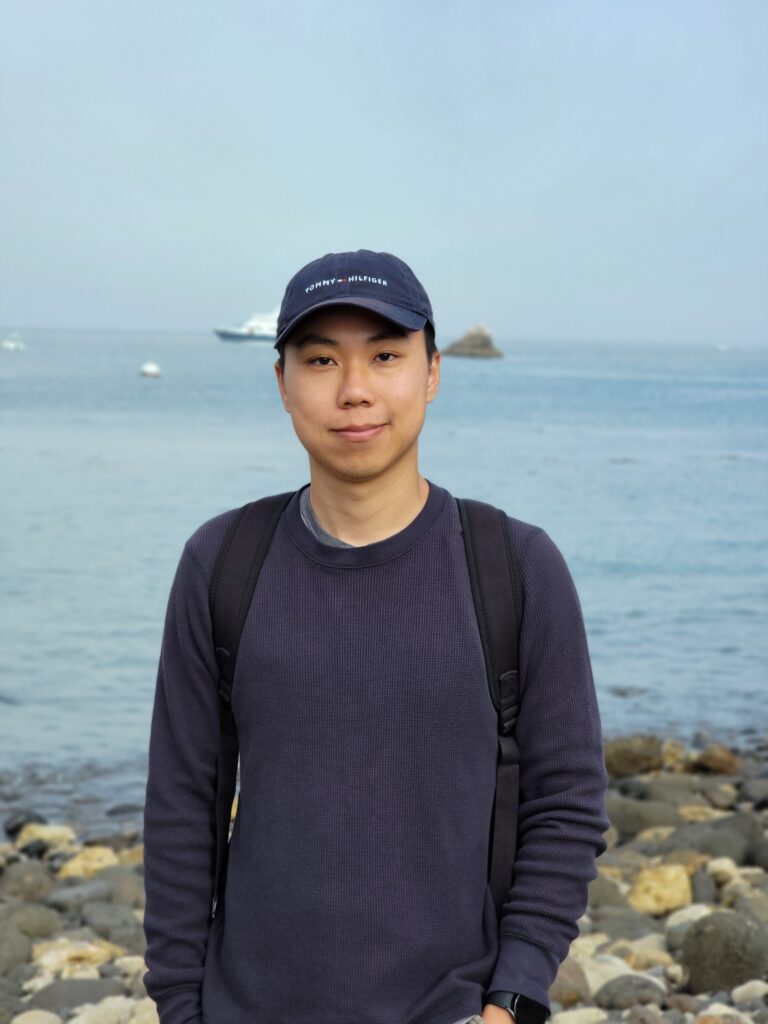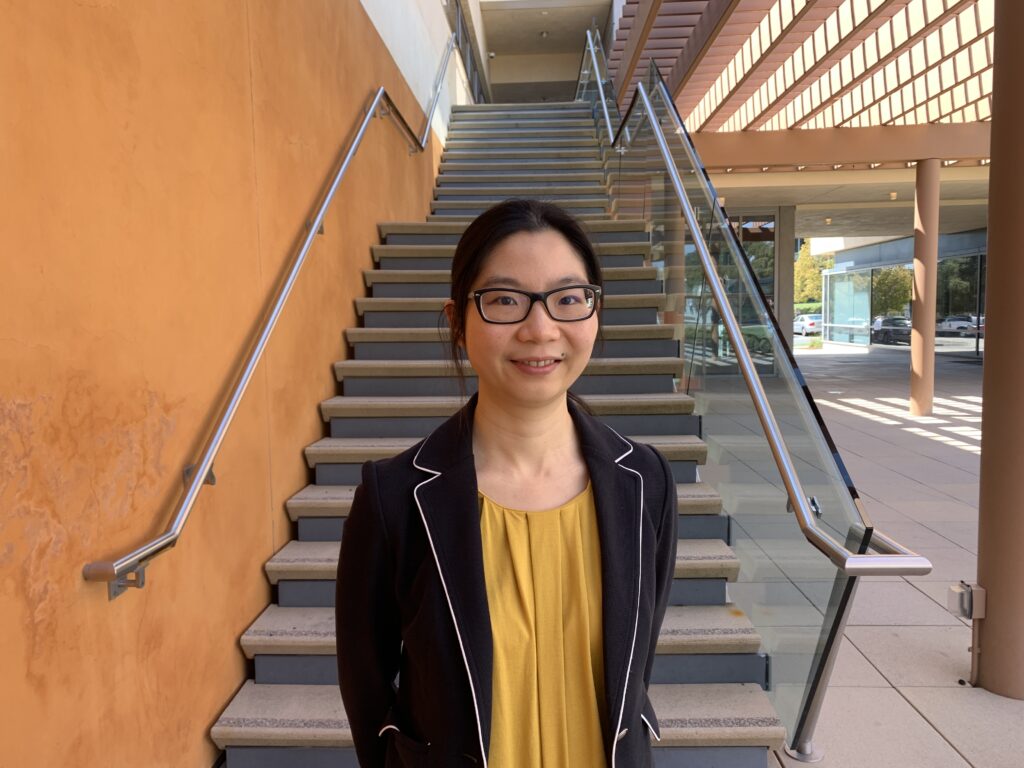Speaker Biographies and Abstracts
Session I: Korea and Eurasian Empire: Connections and Legacies
1:00 PM–2:30 PM
Reciprocity in Context: Institutionalization of Early Modern East Asian Interstate Relations
Presented by Inho Choi
USC-Berggruen fellow
University of Southern California and Berggruen Institute

Inho Choi is a USC-Berggruen fellow at the University of Southern California and Berggruen Institute. He holds a Ph.D. in Political Science from Johns Hopkins University. He specializes in international orders, early modern East Asian history, and interstate diplomacy.
In this work, I explore the reciprocity between Ming and Chosŏn, through a contextualist intellectual history. Studies have analyzed their reciprocal relationship from various perspectives, including tributary system, Chinese hegemony, diplomatic rituals, Zong-Fan, investiture, and co-construction through literary exchanges. One aspect that has received considerable attention is the intensification of Korea’s moral commitment to the reciprocity, particularly in light of the growing influence of Neo-Confucian practices. However, less attention has been paid to the interstate normative context of such change beyond the Neo-Confucian discourse within Korea. To address this gap, I examine how the rhetoric of “Serving the Great and Loving the Small” evolved in early modern Sino-Korean relations, as well as the institutional expressions of reciprocity, such as sacrificial rites for heaven and Korean court ceremonies for the Chinese emperor. By recovering this context, I aim to demonstrate how the Ming-Chosŏn reciprocity took on a more intense ideational and institutional form than Song-Koryŏ and Qing-Chosŏn reciprocity. Ultimately, I argue that this intensification of reciprocity helped to institutionalize interstate relations in East Asia.
Requesting more than a doctor: An examination of the Medical Diplomacy of Koryŏ with Heian Japan and Song China in the eleventh century
Presented by Lina Nie
Ph.D. Candidate, History
University of Southern California
Lina Nie is a fifth-year Ph.D. candidate from the History Department of USC. After graduating from Hong Kong University with double majors in Chinese history and Japanese studies, she earned her MA degree in Regional Studies East Asia program. Now at USC, her research interest focuses on maritime, diplomatic, military, and cultural exchanges among China, Korea, and Japan. She is also interested in global history and comparative history in a broader geographical context that goes beyond East Asia. She is a student board member of Song Yuan Studies, and a co-founder of Chinese History Podcast, aiming to promote and introduce the diverse cultures to a wider audience.

By examining Koryŏ king Munjong (Wang Hwi 王徽 1019-1083, r.1046-1083)’s medical requests to Song China and Heian Japan in the 1070s to 1080s, this article argues that Song Shenzong’s and Heian court’s different responses are due to the different inter-state relations they were involved in. Examining how the medical requests were interpreted by different parties and their various agendas are important as they bring new evidence and new approaches to studying Song China, Heian Japan, and Koryŏ Korea in three aspects. First, I highlight the medical embassy, which has been largely overlooked by previous scholarship, served as an important channel that Koryŏ used to open relations with other regimes. Different from conventional channels, medical requests gave Koryŏ more leverage and space to engage with various regimes on a lower tier, which is important to rethink and redefine the meaning of diplomacy in the eleventh century. Second, I argue that Song Shenzong’s enthusiasm and passion for Munjong’s request are closely related to his grand strategy of military activism and establishing an expansive empire. Such ambitions contribute to evaluating the ruling ideologies in Song China, where I argue nationalism alone is not adequate enough to capture the complexity of Song’s ruling thought. Third, I demonstrate that Koryŏ’s active interactions with Song and Heian Japan’s cautious attitude in trying to avoid overseas exchanges were based on their comprehensive understanding of the international situation at the time. Koryŏ’s closeness and subordination it performed to the Song was much more than a simple aspiration of Chinese culture. His performative humbleness is closely rooted in his strategic plans to form an alliance contesting the Liao and maximizing Koryŏ’s interests. Moreover, the Heian’s indifference does not mean the Japanese court showed little interest in overseas events. Instead, the lengthy discussion and frequent meetings the Heian noble held over the medical request, illustrate a high degree of attentiveness toward overseas affairs, and the final choice of not dispatching physicians was based on a careful calculation. By bringing new materials into the issue of medical requests and placing them in a broader East Asia context, this article sheds new light on important questions such as the ruling ideology of Song China, the diplomatic features of Heian Japan, and highlights the agency and strategies of Koryŏ.
Thinking Beyond Nationalist Narratives of Early Modern Korean Medicine
Presented by Richard Y. Kim
Ph.D. STudent, Asian Languages And CuLtures
UCLA

Richard Kim is a Ph.D. Student in Asian Languages & Cultures Department. His dissertation research will examine knowledge production, circulation, and management through analysis of medical texts in Chosŏn Korea.
The orthodox narrative on traditional Korean medicine highlights the gradual development of its distinctiveness within the greater East Asian medical culture. This distinctive, national medicine is characterized to have fully manifested with the publication of Treasured Mirror of Eastern Medicine (Tongŭi pogam) in 1613. However, analyzing medical texts produced in Chosŏn Korea from a more usage-centric perspective will allow alternative narratives of Chosŏn medicine and intellectual culture that can be better integrated into narratives of early modern Eurasia.
Session II: Infrastructures of State: Comparative Perspectives
3:00–4:30 PM
State Formation Through Emulation – some thoughts on regional differences
Presented by David C. Kang
Maria Crutcher Professor of International Relations University of Southern California

David C. Kang is Maria Crutcher Professor of International Relations at the University of Southern California, with appointments in the Department of Political Science and International Relations, East Asian Languages and Cultures and in the Marshall School of Business. Kang is also director of the USC Korean Studies Institute. Kang’s latest book is State Formation through Emulation: the East Asian Model, coauthored with Chin-Hao Huang (Cambridge University Press, 2022). He has published articles in journals such as International Organization, International Studies Quarterly, Journal of Conflict Resolution, and International Security. A former Fulbright Scholar, Kang received an A.B. with honors from Stanford University and his Ph.D. from Berkeley
State formation in Korea and Japan occurred 1,000 years before it did in Europe, and it occurred for reasons of emulation and learning, not bellicist competition. State formation in historical East Asia occurred under a hegemonic system in which war was relatively rare, not under a balance of power system with regular existential threats. Korea and Japan emerged as states between the 5th and 8th centuries CE and existed for centuries thereafter with centralized bureaucratic control defined over territory and administrative capacity to tax their populations, field large militaries, and provide extensive public goods. They created these institutions not to wage war or suppress revolt – the longevity of dynasties in these countries is evidence of both the peacefulness of their region and their internal stability. Rather, Korea and Japan developed state institutions through emulation and learning from China. The elites of both copied Chinese civilization for reasons of prestige and domestic legitimacy in the competition between the court and the nobility.
In Service of the State: Military Mobilization, State-Building, and the Mongol Transformation of China, 1260-1500
Presented by Yiming Ha
PhD Candidate, History
UCLA
Yiming Ha is a Ph.D. candidate in the Department of History at the University of California, Los Angeles. His current research is on military mobilization and state-building in China between the thirteenth and sixteenth centuries, focusing on how military institutions changed over time, how the state responded to these changes, tensions between the center and the localities, and the broader implications that the military had on the state. His project highlights in particular the role of the Mongol-Yuan in introducing an alternative form of military mobilization that radically transformed the Chinese state. He is also interested in military history, nomadic history, comparative Eurasian state-building, and the history of maritime interactions in early modern East Asia. He received his BA from UCLA and his MPhil from the Hong Kong University of Science and Technology.

This project explores the introduction of a new method of military mobilization to China by the Mongol-Yuan, its subsequent adoption by the succeeding Ming dynasty, and the long-term consequences of this adoption. Unlike the Song, which utilized a marketized method of mobilization, the Mongol-Yuan and the Ming employed a demonetized mode of military service that was premised upon the creation and maintenance of self-sufficient and self-replicating hereditary military households. This allowed the Yuan and Ming states to initially field large armies at very little cost and contributed greatly to their success. However, long-term socio-economic changes altered the nature of military warfare, eventually forcing both the Yuan and the Ming to adopt other forms of military mobilization. While scholars have often interpreted this transition as a sign of the collapse of traditional military institutions, my project argues that the state played a major role in facilitating and adapting to this transition. Operating within institutional and fiscal constraints, the Yuan and Ming states worked actively to implement policies that kept the military afloat and that it was quite successful in responding to the challenges within the military.
Diseconomies of Scale in Premodern Empires, or Why It Was Hard to be Humble as a Ming Official
Presented by Chelsea Zi Wang
Assistant Professor, history
Claremont McKenna College

Chelsea Zi Wang is a historian of late imperial China and an Assistant Professor at Claremont McKenna College. Her research focuses on the intersection between communication and governance in premodern empires. Her book manuscript in progress, titled Logistics of Empire: Governance and Spatial Friction in Ming China, 1368-1644, examines how the Ming state maintained control over its vast territories using certain administrative practices that modern observers often find counterintuitive and strange.
This presentation examines a curious practice in Ming China: when high territorial officials received imperial orders appointing them to new positions, they often declined those appointments as a show of humility. In most cases, the emperor simply issued another order urging the official to start his post, after which the official did so reluctantly (or so he would say). But this performance of humility was costly for the Ming state because communication between the capital and the provinces required many months. In some instances, officials were punished for not starting their posts quickly enough when local conditions worsened while they were still declining the appointments. At the same time, many officials kept declining new appointments anyway because they feared appearing too eager to take up important or desirable positions. By examining the practices and discourses surrounding such expressions of humility, this presentation explores how the size of a polity transformed both the cost and the meaning of familiar cultural values that would not appear so problematic otherwise.